The deeper I dig into rebetiko, the wider the music becomes. It isn’t a narrow, specialized genre (outside the marketing offices of the recording companies, that is). It’s one of the major currents – in the river of Greek music. As such, it stands alongside and often overlaps with other music, whether it’s folk, Europeanized popular song, Western-style folk, rock, rap….
Theodore Derveniotis amply illustrates that. He was one of Greece’s most accomplished composers and orchestrators in the second half of the 20th Century. He wrote big hits for big stars. Derveniotis worked in light music, but a substantial part of his repertoire was rebetiko, particularly during the 1950s and on into the brief rebetiko revival of the ’60s.
Derveniotis was born in 1922 in east-central Greece. He learned to play the laouto (which his grandfather also played) and performed on stage for the first time at age 16. World War II interrupted his career (he fought in the resistance) and then Greek civil war. He served three years in internal exile because he had been a member of the Communist Party.
By the 1950s he was in Athens, working as a musician – he had switched from laouto to bouzouki and guitar – and writing songs. The first of his compositions was recorded in 1951, and throughout the 1950s and into the 1960s, his works were recorded by Kaiti Gray, Poly Panou, Panos Gavalas, Stratos Dionysiou, Grigoris Bithikotsis, Stelios Kazantzidis and others. His association with Kazantzidis was particularly fruitful, as they recorded dozens of song together.
As well as writing songs, he also served as an arranger and conductor for Columbia and later Odean record labels.
In the 1960s, Derveniotis stopped performing – reportedly upset that popular singers were paid much more than the composers who were writing the songs for them – and opened a music school in Athens. He died in 2004, three months after he was honoured with a concert that featured 15 of Greece’s best-known singers performing his songs.
Each with their own pain was recorded by Stelios Kazantzidis in 1962.
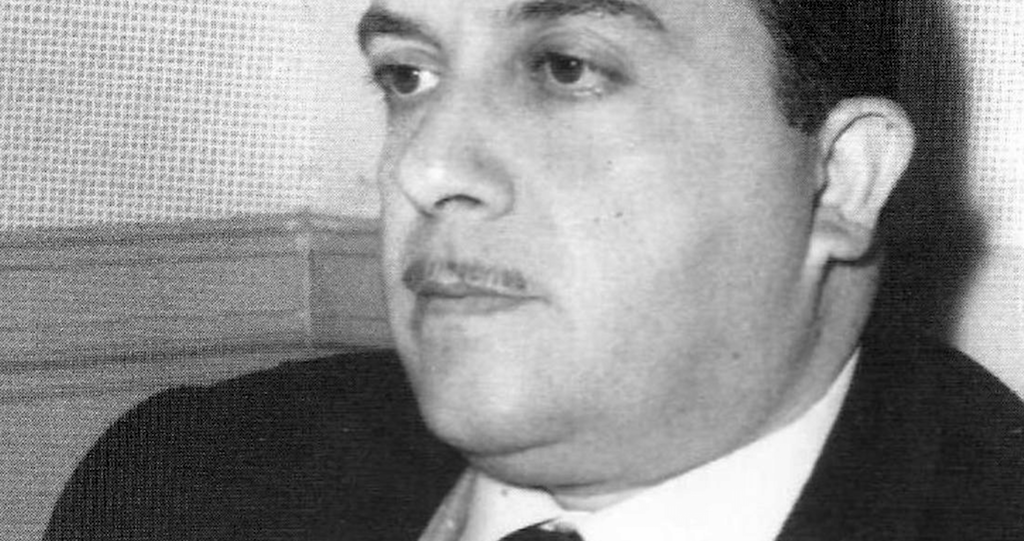
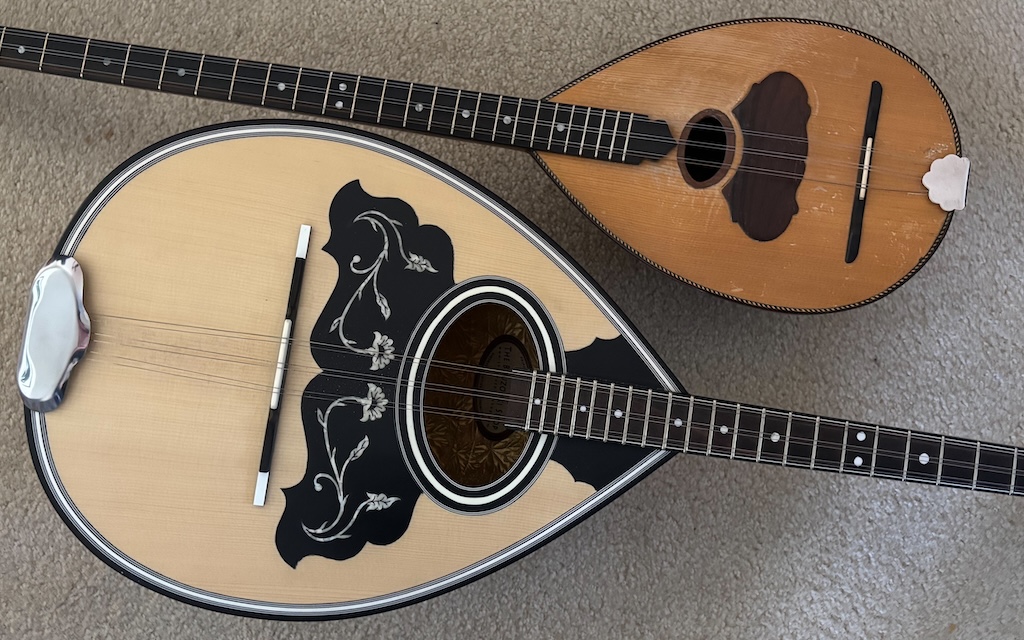
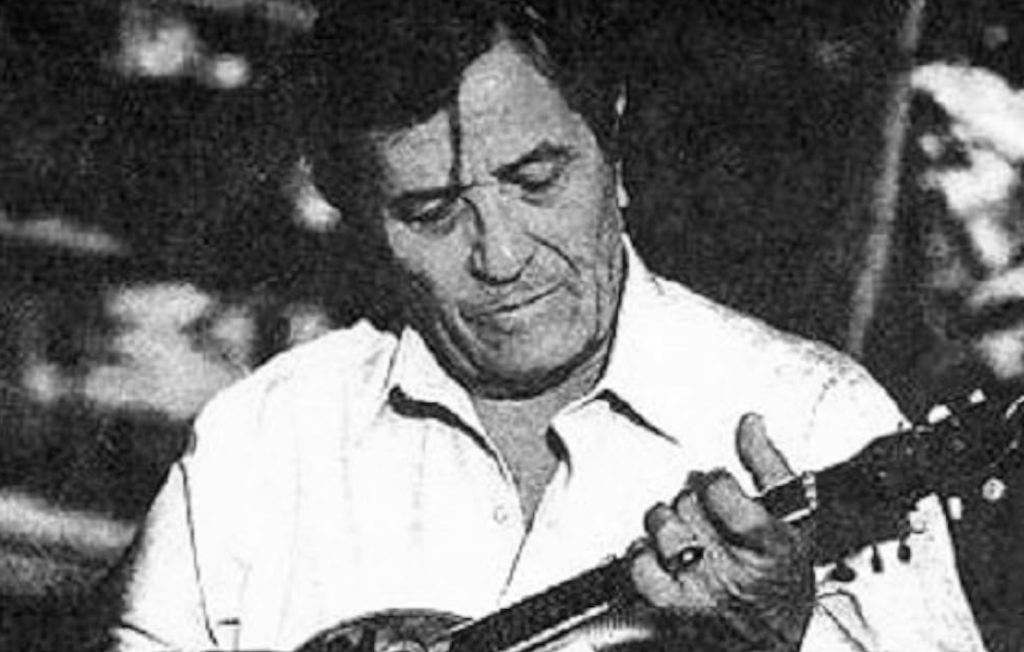
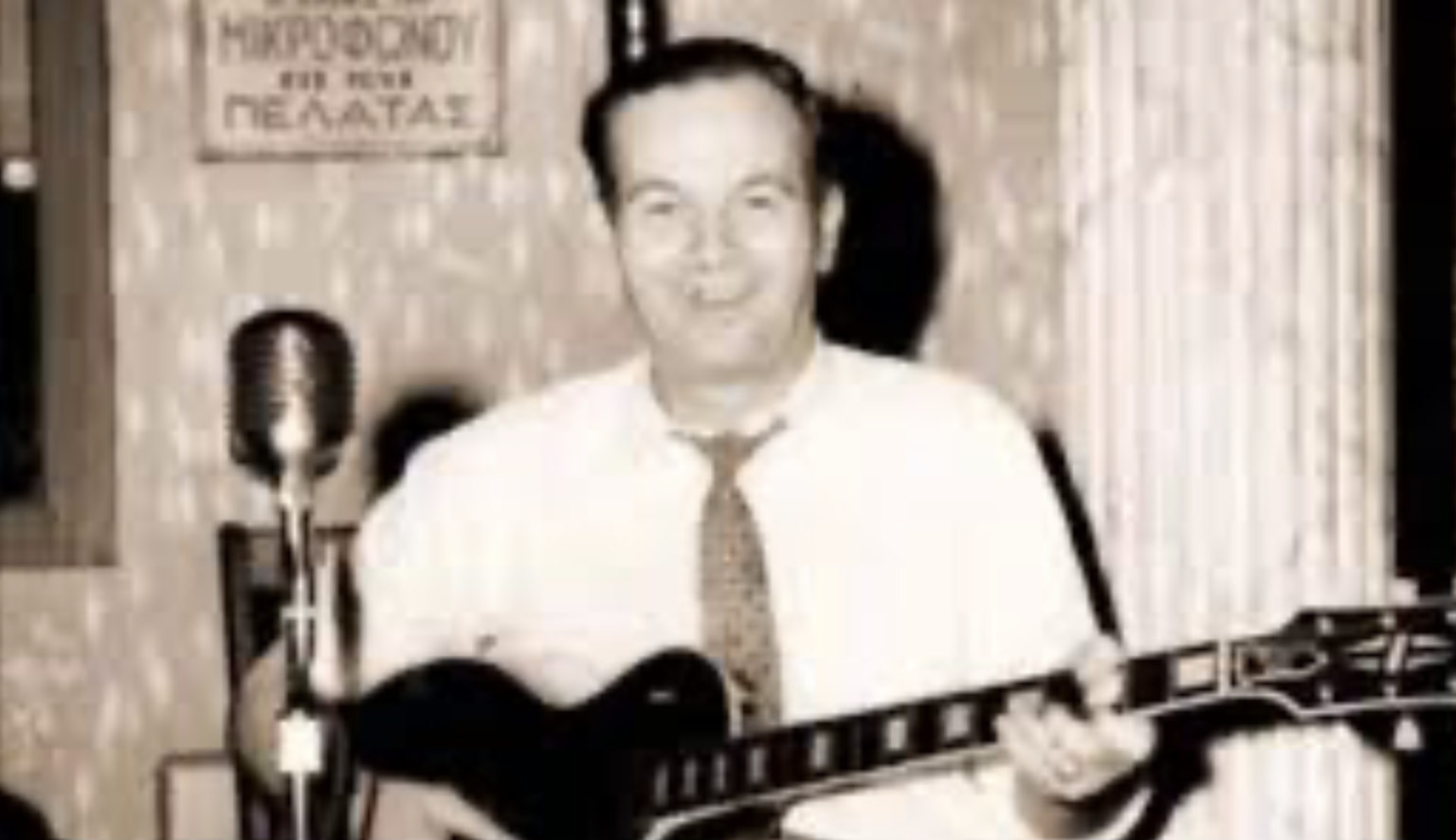
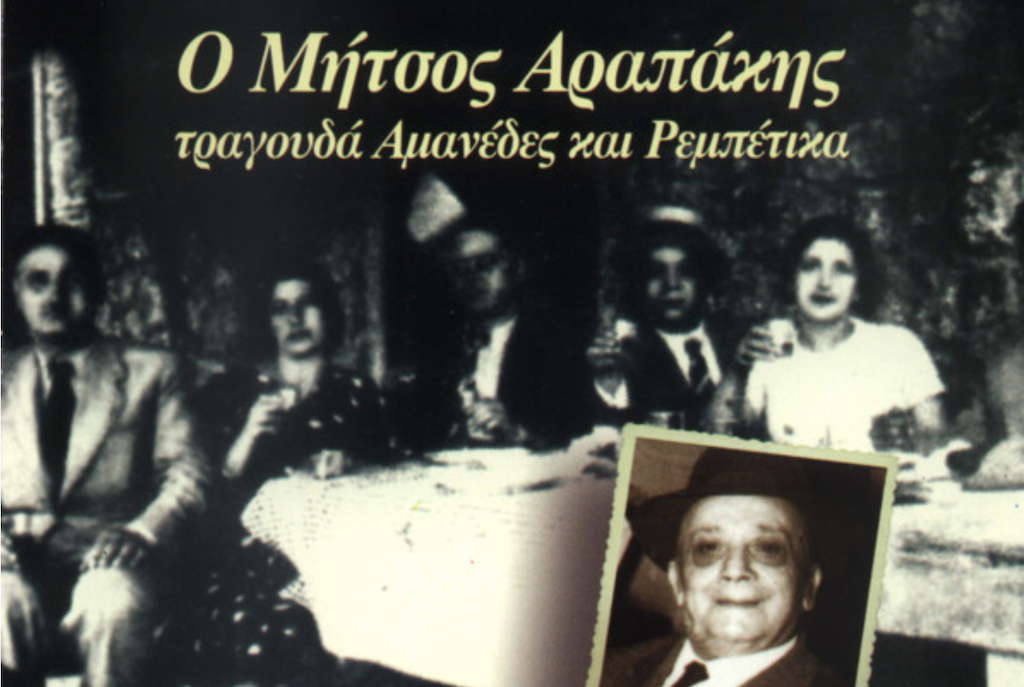
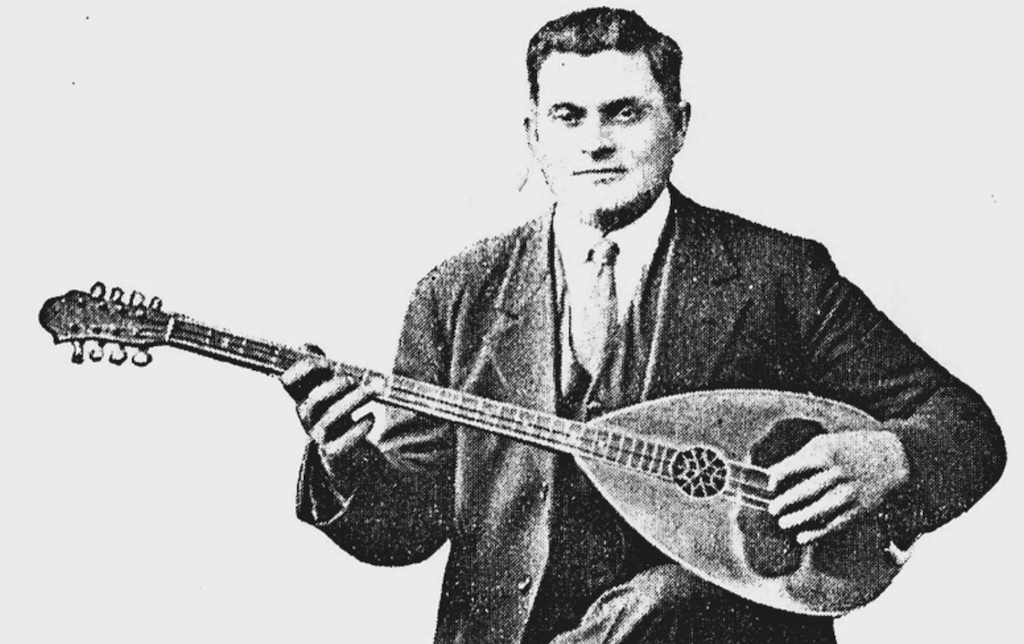
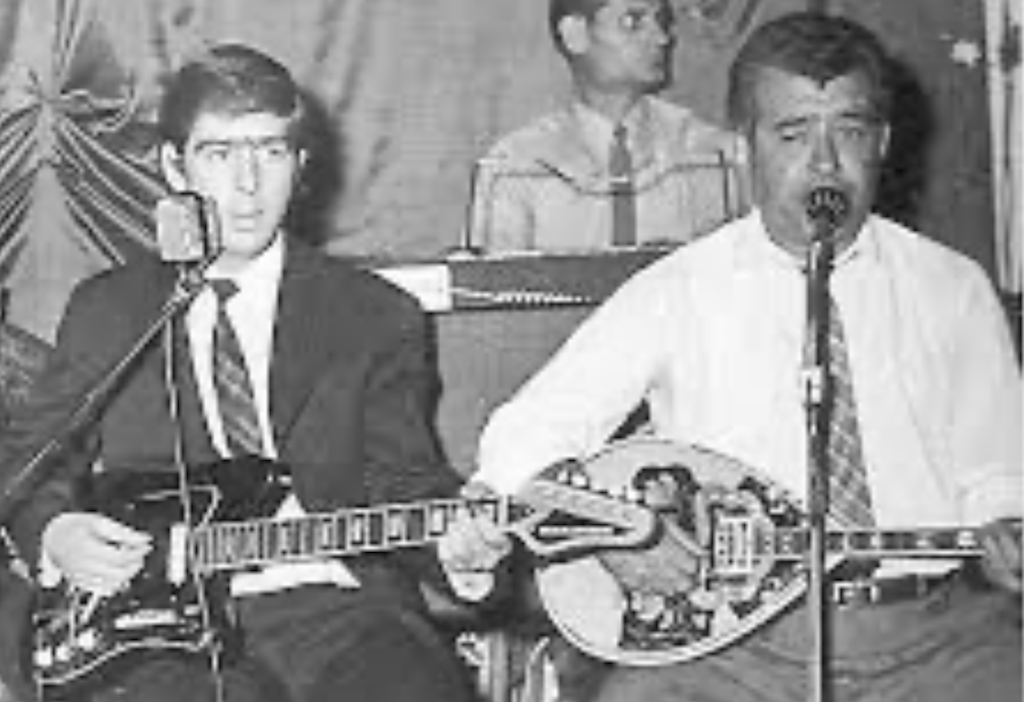
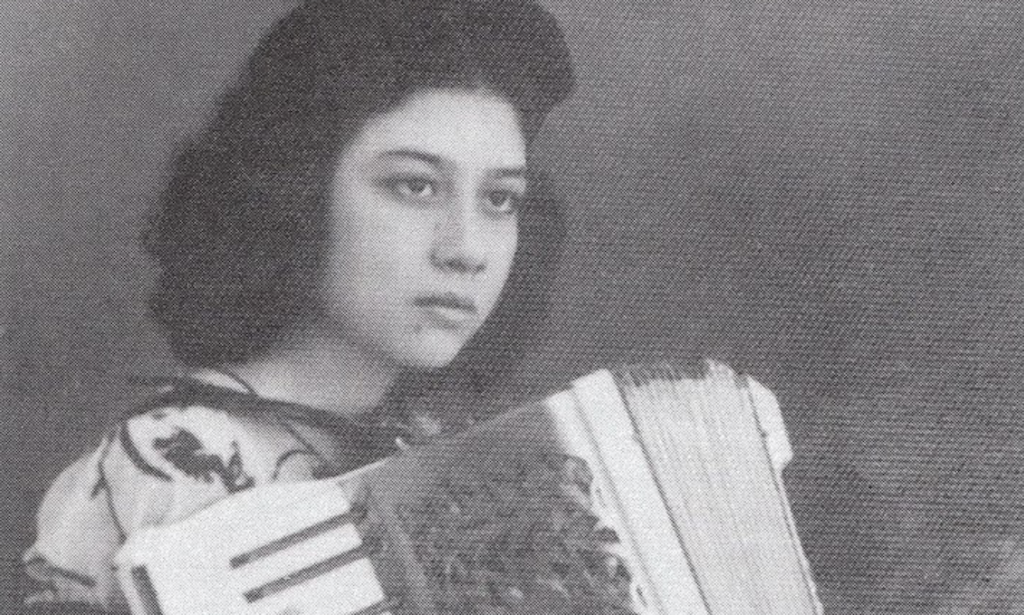
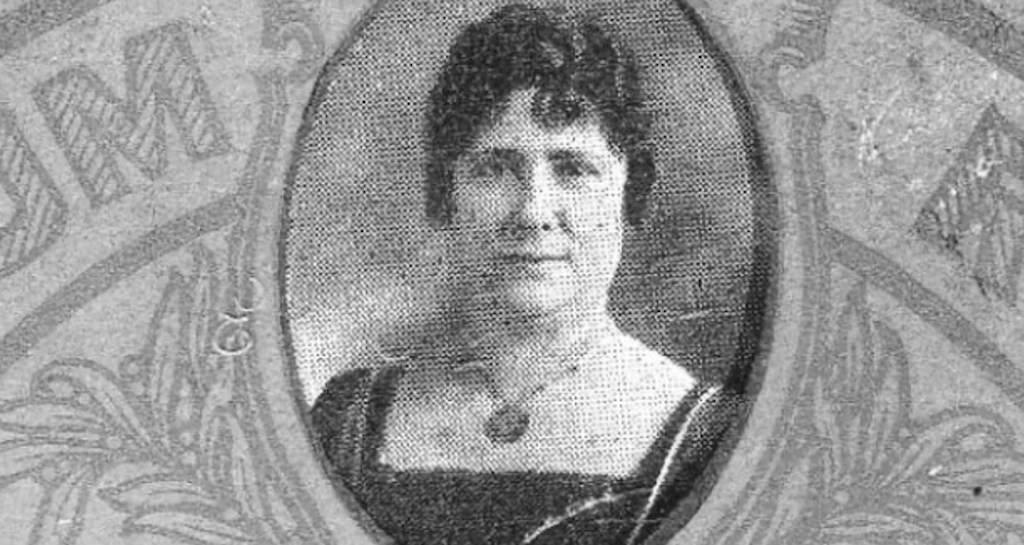

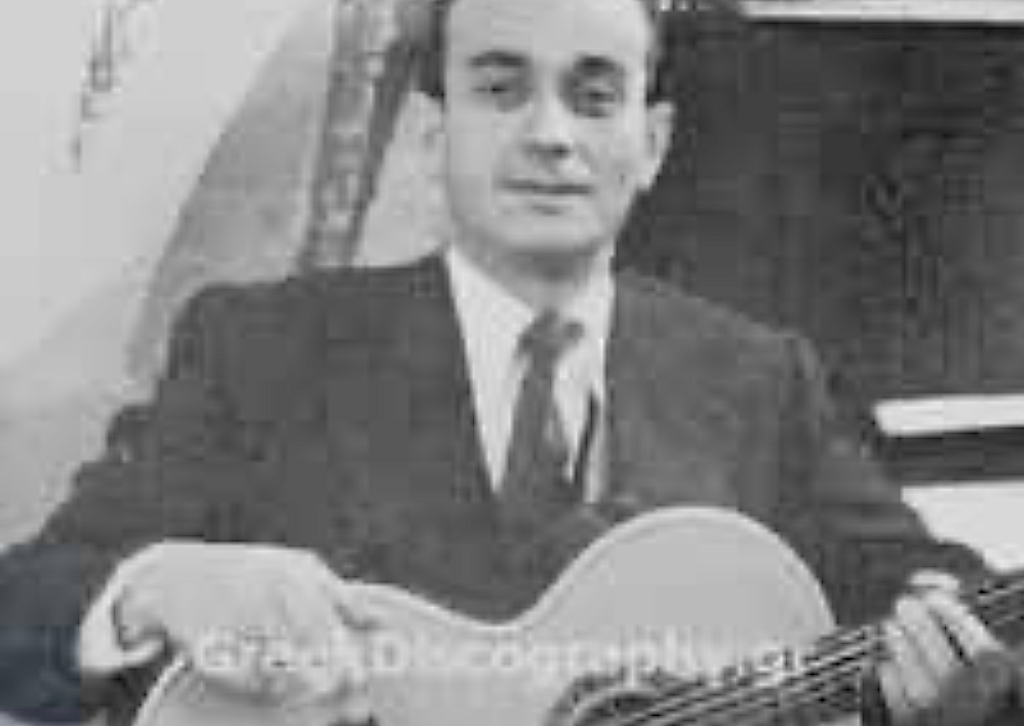
Leave a Reply